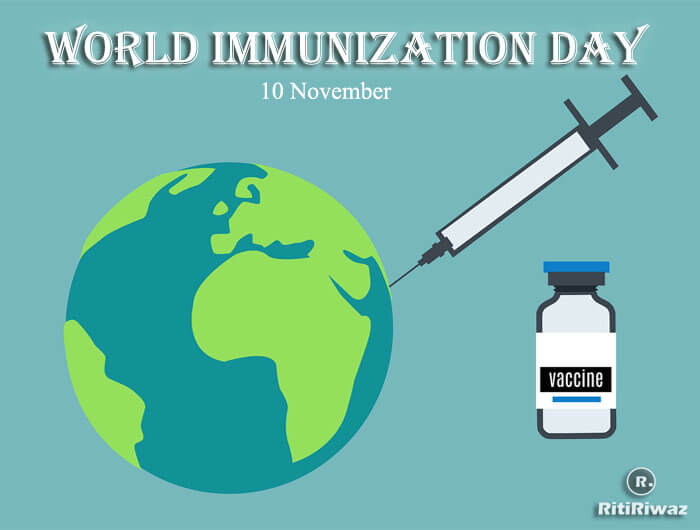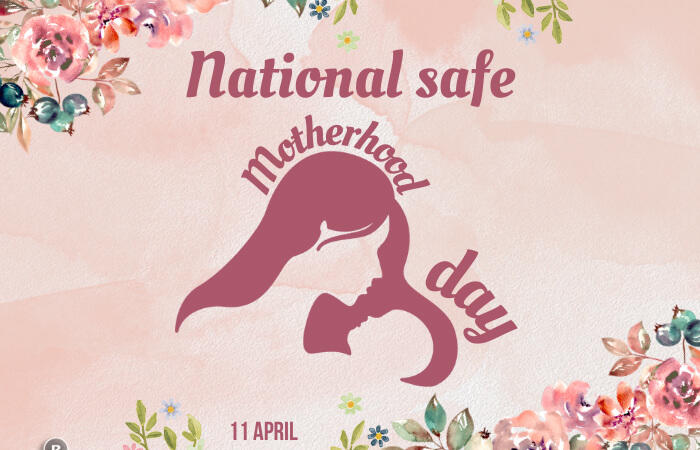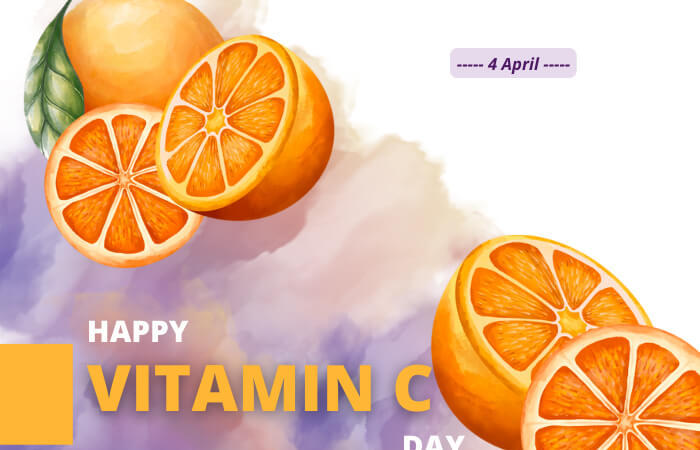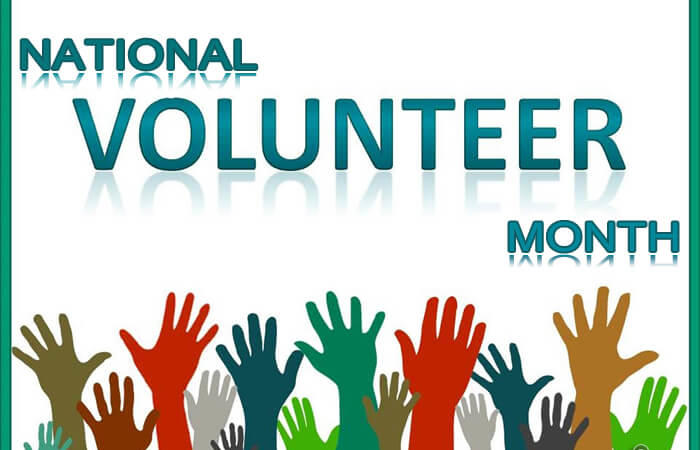World Immunization Day – 10 November

World Immunization Day is observed on 10th November to make people aware of the importance of getting vaccines in time which protects them against many vaccine-preventable diseases.
Immunization is the process whereby a person is made immune or resistant to an infectious disease, typically by the administration of a vaccine. A vaccine is a biological preparation that improves immunity to a particular disease. A vaccine typically contains an agent that resembles a disease-causing microorganism and is often made from weakened or killed forms of the microbe, its toxins, or one of its surface proteins.
Vaccination is a proven and one of the most cost-effective child survival interventions. All countries in the world have an immunization program to deliver selected vaccines to the targeted beneficiaries, especially focusing on pregnant women, infants, and children, who are at a high risk of diseases preventable by vaccines.
The number of antigens in the immunization programs varies from country to country; however, there are a few selected antigens against diphtheria, pertussis, tetanus, poliomyelitis, measles, hepatitis B which are part of immunization programs in most of the countries in the world.
Immunization program in India
India has one of the biggest Universal Immunization Programs (UIP) in terms of quantity, geographical spread, and human resources involved. The success of Smallpox eradication in the 70s brought attention to the immunization program globally as well as in India.
The Expanded Program on Immunization (EPI), a national policy of immunizing all children during the first year of life with DPT, OPV, BCG, and typhoid–paratyphoid fever vaccines was launched in 1978. Immunization of pregnant mothers with TT vaccine was introduced in 1983. In 1985, the name of EPI was changed to the Universal munization Program (UIP) with activities phased into the entire country by 1990.
The stated objectives of UIP are:
To rapidly increase immunization coverage
to improve the quality of services
To establish a reliable cold chain system to the health facility level
To introduce a district-wise system for monitoring performance
To achieve self-sufficiency in vaccine production
UIP was given the status of one of the five ‘National Technology Missions’ in 1986. Subsequently, in 1992, UIP became a part of the Child Survival and Safe Motherhood (CSSM) program and then of the Reproductive and Child Health (RCH) program in 1997. A specific Immunization Strengthening Project (ISP) was designed to run from 2000–2003, which included three main components (polio eradication, strengthening routine immunization, and strategic framework for development).
In the last three decades, India has made significant progress on sustainable and inclusive growth. There is now a greater sense of awareness and expectations from the people as the country makes further social and economic progress. Investments in the social determinants of health have improved availability and access to health services though there still remain challenges of inequity and affordability.
India still lacks a robust system to track vaccine-preventable diseases. Vaccination coverage is different from one state to another and uptake depends on geographical, regional, rural-urban, poor-rich, and gender-related. On average, girls receive fewer immunizations than boys, and higher birth order infants have lower vaccination coverage. Immunization is one of the most cost-effective health investments and vaccination does not require any major lifestyle change.
Five facts on vaccination
• Vaccines are safe and effective
• Vaccines prevent deadly diseases
• Vaccines provide better immunity than natural infections
• Combined vaccines are safe and beneficial
Suggested Read: Important Days In November






